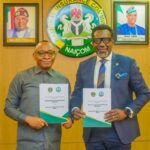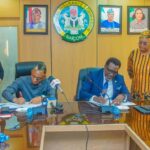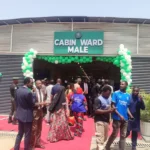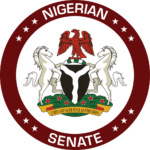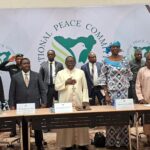Groups advocate holistic educational approach for reparation in Nigeria
By Angela Atabo Neem Foundation and Global Survivors Fund (GSF) have advocated a holistic educational approach for the reparation of survivours of conflict-related sexual violence and their children in Nigeria. Dr Fatima Akilu, the Executive Director of Neem Foundation, made the call at a “Policy Dialogue on Education asContinue Reading

